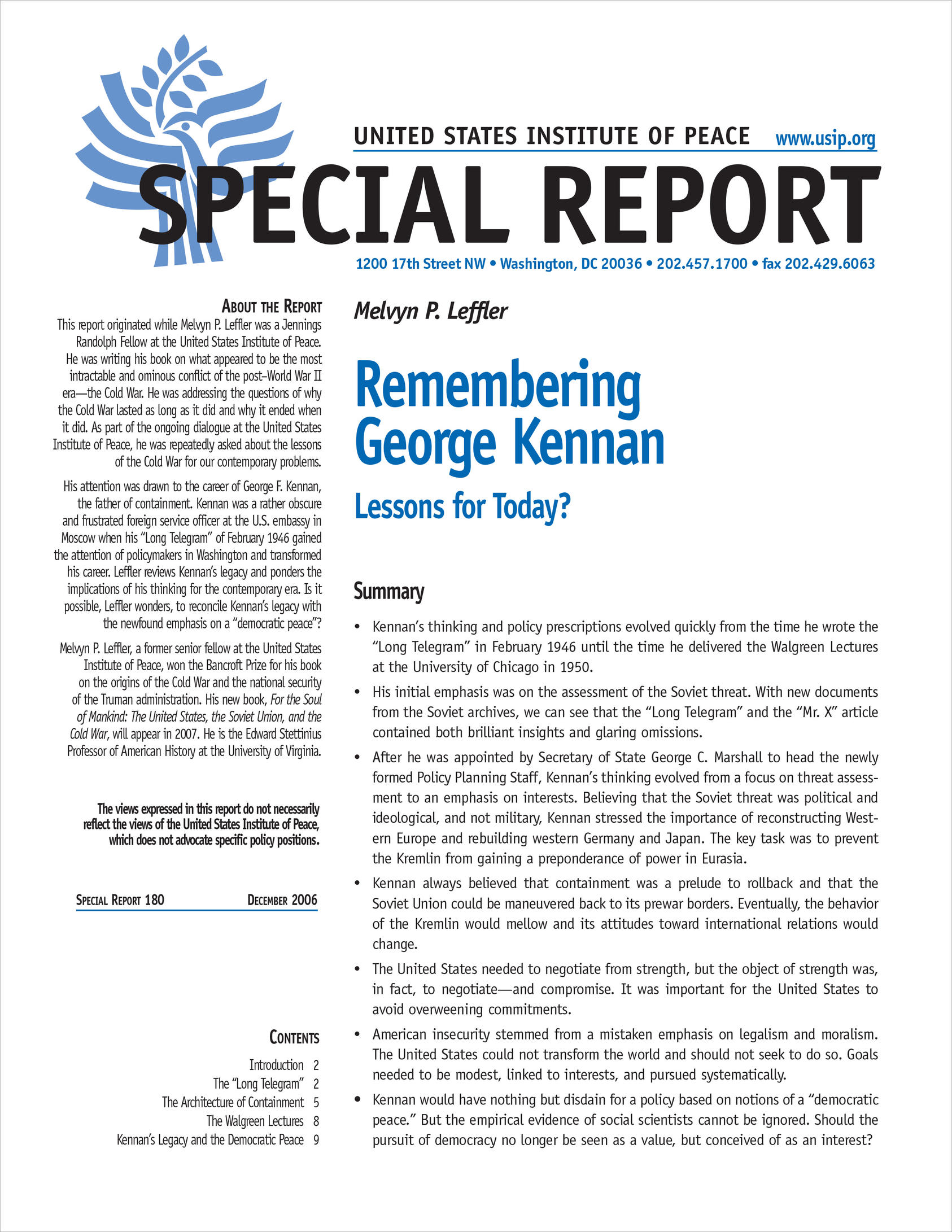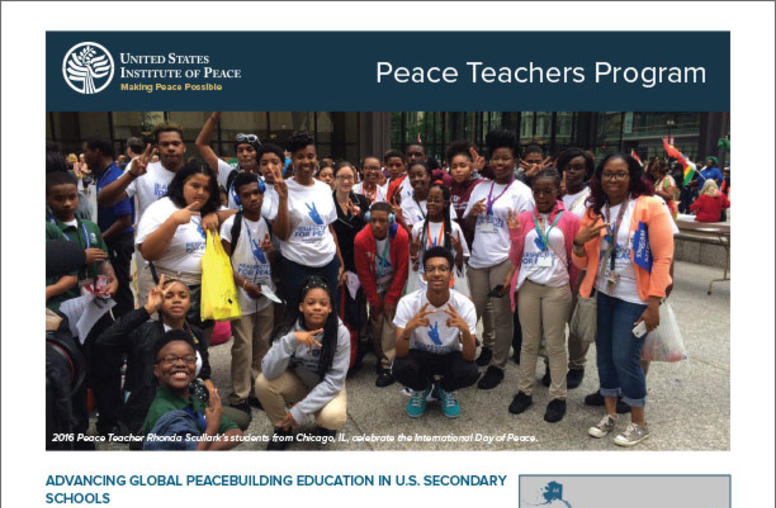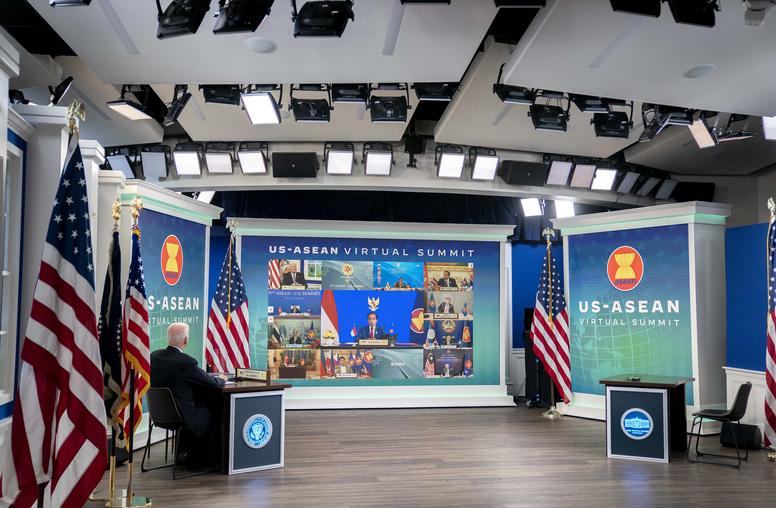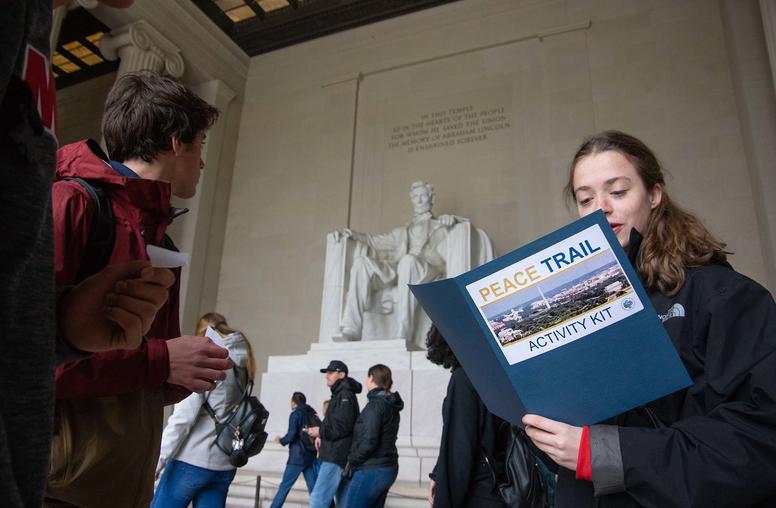Remembering George Kennan: Lessons for Today?
George F. Kennan, the father of containment, was a rather obscure and frustrated foreign service officer at the U.S. embassy in Moscow when his "Long Telegram" of February 1946 gained the attention of policymakers in Washington and transformed his career. What is Kennan’s legacy and the implications of his thinking for the contemporary era? Is it possible to reconcile Kennan’s legacy with the newfound emphasis on a "democratic peace?"

Summary
- Kennan's thinking and policy prescriptions evolved quickly from the time he wrote the "Long Telegram" in February 1946 until the time he delivered the Walgreen Lectures at the University of Chicago in 1950.
- His initial emphasis was on the assessment of the Soviet threat. With new documents from the Soviet archives, we can see that the "Long Telegram" and the "Mr. X" article contained both brilliant insights and glaring omissions.
- After he was appointed by Secretary of State George C. Marshall to head the newly formed Policy Planning Staff, Kennan's thinking evolved from a focus on threat assessment to an emphasis on interests. Believing that the Soviet threat was political and ideological, and not military, Kennan stressed the importance of reconstructing Western Europe and rebuilding western Germany and Japan. The key task was to prevent the Kremlin from gaining a preponderance of power in Eurasia.
- Kennan always believed that containment was a prelude to rollback and that the Soviet Union could be maneuvered back to its prewar borders. Eventually, the behavior of the Kremlin would mellow and its attitudes toward international relations would change.
- The United States needed to negotiate from strength, but the object of strength was, in fact, to negotiate—and compromise. It was important for the United States to avoid overweening commitments.
- American insecurity stemmed from a mistaken emphasis on legalism and moralism. The United States could not transform the world and should not seek to do so. Goals needed to be modest, linked to interests, and pursued systematically.
- Kennan would have nothing but disdain for a policy based on notions of a "democratic peace." But the empirical evidence of social scientists cannot be ignored. Should the pursuit of democracy no longer be seen as a value, but conceived of as an interest?
About the Report
This report originated while Melvyn P. Leffler was a Jennings Randolph Fellow at the United States Institute of Peace. He was writing his book on what appeared to be the most intractable and ominous conflict of the post-World War II era—the Cold War. He was addressing the questions of why the Cold War lasted as long as it did and why it ended when it did. As part of the ongoing dialogue at the United States Institute of Peace, he was repeatedly asked about the lessons of the Cold War for our contemporary problems.
His attention was drawn to the career of George F. Kennan, the father of containment. Kennan was a rather obscure and frustrated foreign service officer at the U.S. embassy in Moscow when his "Long Telegram" of February 1946 gained the attention of policymakers in Washington and transformed his career. Leffler reviews Kennan's legacy and ponders the implications of his thinking for the contemporary era. Is it possible, Leffler wonders, to reconcile Kennan's legacy with the newfound emphasis on a "democratic peace"?
Melvyn P. Leffler, a former senior fellow at the United States Institute of Peace, won the Bancroft Prize for his book on the origins of the Cold War and the national security of the Truman administration. His new book, For the Soul of Mankind: The United States, the Soviet Union, and the Cold War, will appear in 2007. He is the Edward Stettinius Professor of American History at the University of Virginia.



